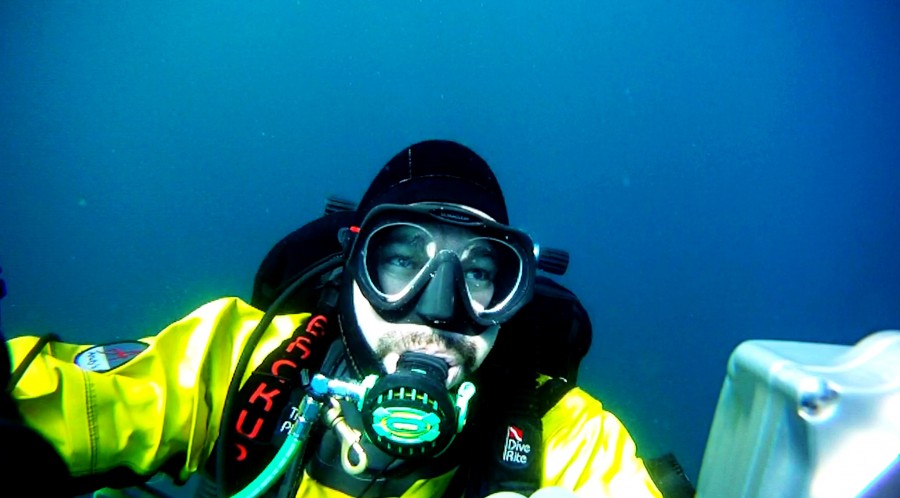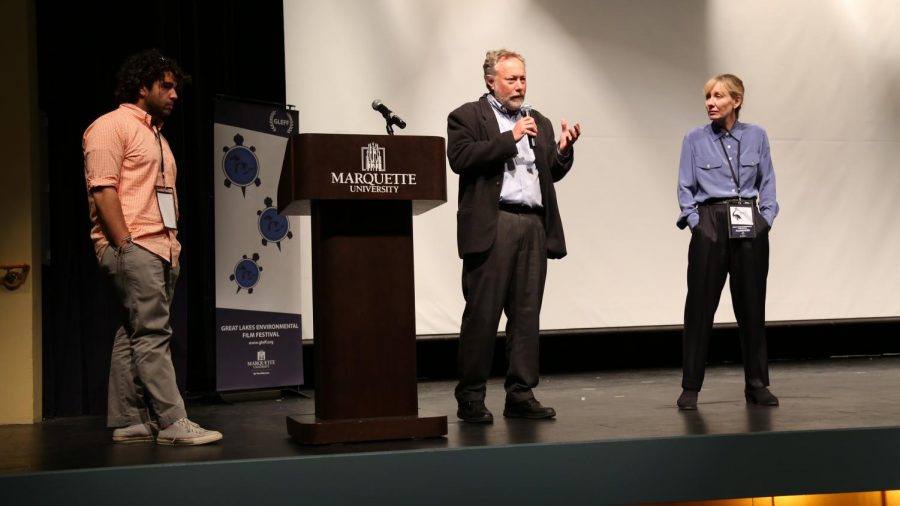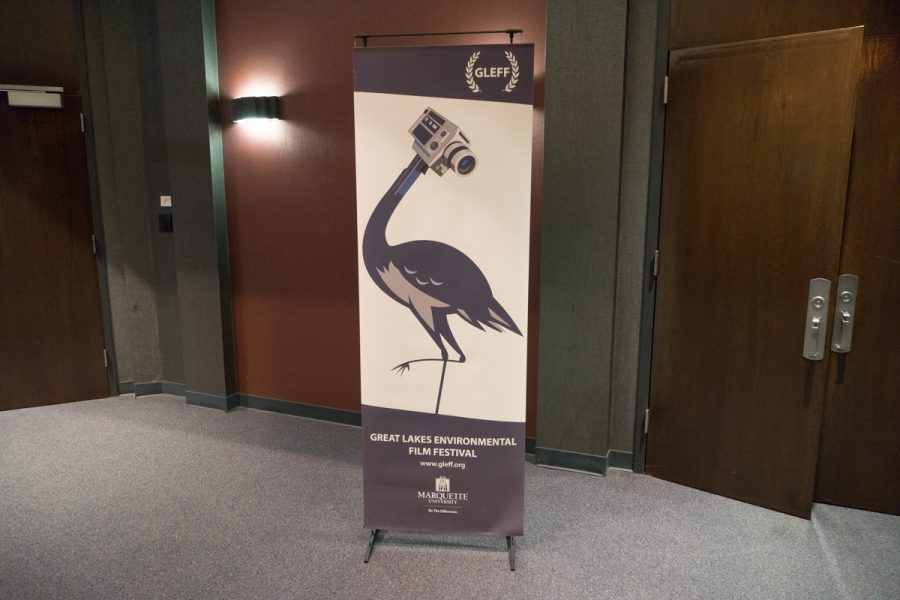After a successful debut last year, the Great Lakes Environmental Film Festival returns April 21-23 for more movies and panels dedicated to helping nature and the environment. Seventeen different films, from shorts to longer form, will be featured over the course of the festival.
GLEFF is student-run and began in 2015 to help spread awareness about the various issues going on around the country and world. Communication graduate student Theresa Soley helped put GLEFF together and serves as a community liaison for the festival.
“When I came to Marquette, I saw some posters around for GLEFF and got really excited because the environmental community is pretty small,” Soley said.
Soley previously studied at the University of San Francisco where she earned a degree in biology with an emphasis in ecology. Soley said there are a wide range of topics for students to see at the festival and hopes they gain something from it.
“I hope it will inspire them to go outside and think about conservation, what it means for them and what Earth needs at this point, which seems to be kind of struggling in a lot of ways,” Soley said.
Joe Brown, a professional in residence in the College of Communication, is the director of GLEFF. Brown changed the admissions process this year to make sure filmmakers submitted pieces focused on the environment. GLEFF added a $5 submission fee after previously receiving movies that had nothing to do with the environment. The submission fee helped pay for renting out places to screen films.
In addition to having a submission process, GLEFF is also changing where its films will be screened.
“In our first year, we had our screenings in a variety of venues across campus, and it worked out quite well,” Brown said. “However, this year we have changed up some of the screening venues to be in a more centralized location.”
This year, the films will be screened in Johnston Hall 103 and Marquette Hall 100 and 300. Brown said he hopes to eventually expand GLEFF to Varsity Theatre, which can seat 1,200 people. He also hopes equipment could be added to places like Varsity Theatre in the future to better accommodate film festivals.
One of the films to be screened at GLEFF is “Graveyard of the Great Lakes: A Shipwreck Hunter’s Quest to Discover the Past,” directed by Eric Seals of the Detroit Free Press. The film premiered at Freep Film Festival, a documentary film festival run by the Detroit Free Press, in March 2015, and has since screened in places like Green Bay, Washington D.C., Chicago, Texas and will be heading to Indiana next month.
The idea for the movie came in December 2012 when the Free Press sent Seals to get photographs of seventy-four-year-old shipwreck hunter David Trotter for a print story. When Seals was there, Trotter talked to him about a sunken ship named the New York at the bottom of Lake Huron.
“I do video storytelling, so we got into a topic, about it and he goes, ‘Let me put this DVD in of underwater footage that we have and I’ll show it to you,’” Seals said.
The footage Trotter shot was so impressive, it inspired Seals to do more than get photography.
“As a journalist, you always want to print stories that you’re curious about or interested in because you can tell them better versus something that you’ve done so many times (where) it’s hard to find a new angle to it,” Seals said.
PBS airing the film helped increase its viewership. A pledge drive took place as the “Graveyard of the Great Lakes” aired. Seals talked to people calling into the station at the time.
“The business in terms of selling film is all new to us,” Seals said. “Making long form documentaries, distribution, getting them on TV and film festivals is new to us as a newspaper so we are doing it slow and learning as we go.”
After his run, Seals hopes to sell the documentary to a network like Discovery Channel so more people can see his work. Seals is also working on a documentary about freighters in the great lakes. He anticipates to get it out in the next year or year and a half.
GLEFF hopes to expand its already existing resources for next year. Brown said he wants more students to get involved with GLEFF, since making shorts for festivals are a great way to increase viewership. He also plans for GLEFF to become a stop on an environmental film circuit and receive a bigger social media push.
“I’ve been toying with the idea of some kind of environmental media center where we produce our own media,” Brown said.
This is one of the long-term goals he wishes to see for GLEEF, but the environmental media center is only an idea for now. Brown is also working on his documentary “Operation Wolf Patrol” for which filming is still taking place.




